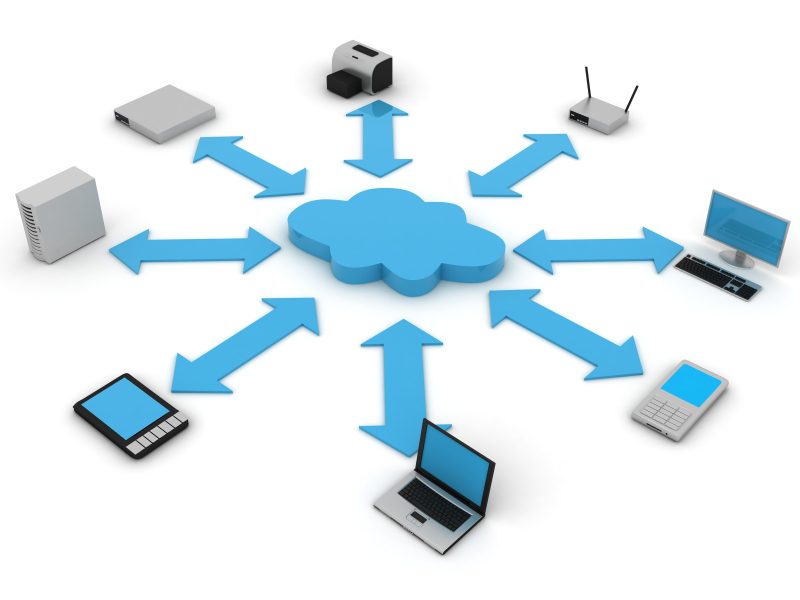In this era, technology is evolving in ways people couldn’t have imagined a few decades ago. Be it smartphones, portable computing, artificial intelligence, virtual reality or any other branch of tech, everything is changing. Cloud computing is not an exception to this trend.
Before diving into the future of cloud computing, let’s understand it.
“Cloud computing is storing and accessing programs and data over the internet instead of a computer hard drive.”
So, from the above definition, we can see that cloud computing essential is like an external storage over the internet. But you know what guys? This is about to change soon.
Here are a few predictions the experts have made about the evolution of cloud computing by 2020.
Cloud Computing Redefining the Software-Hardware Divide
Many companies working with cloud tech have stated that the first main step that has to be taken next for cloud clients is software and hardware divorce. In the future, there will be no longer a fixed infrastructure.
This means that software will float away from hardware since companies are already starting to find many valuable applications available online while eliminating the need to keep purchasing new servers.
Elevating Cloud Computing via Segmentation and Education
Cloud computing will allow the software to be modular or in non-geek terms, segmented that is broken down into smaller units to make the job easier and faster, and independent of each other. This feature is designed avoid program-wide shut down if there’s a need for software modification.
As the software will be over the clouds and floating around, these can be accessed as and when required to save local storage space. This will be a challenge but according to most cloud providers, it’s not an impossible task.
Lower Powered Processors and Lesser Local Storage
As most software will be separated from the hardware and allowed to float around the internet on cloud servers, the local storage requirements can be drastically decreased. This can allow for better and cheaper computing.
Consequentially, the power required to run such modular software will be very less when compared to today’s complex software. So, not only does cloud computing make local storage an extra addition, it also allows you to run computers at lower processing powers.
Diversity in Applications
As most of the software parts of systems will be online, you can get a plethora of applications you need and use them without any issues.
This will allow users to save a lot of space and access content without any external storage devices like discs et cetera.
These are only a handful of ways cloud computing can change by 2020. At present, companies like Amcom Australia provides cloud services to private and education sectors with institutions like the University of Western Australia being one of the adopters. If you have any queries or suggestions, feel free to use the comments section bellow.
